Jamie Lee Curtis stands as one of Hollywood's most enduring and versatile actresses, with a career that has evolved from scream queen to dramatic powerhouse. Her journey from a young actress trading on her famous family name to an Academy Award winner represents a masterclass in reinvention and longevity in the entertainment industry.
Jamie Lee Curtis Net Worth: Early Career and First Paychecks
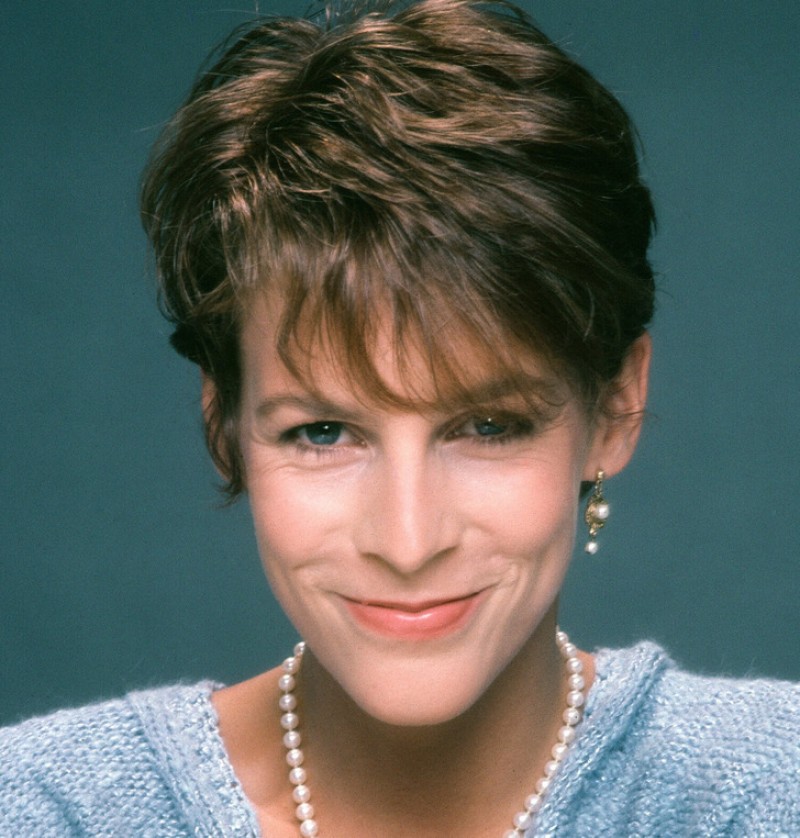
Curtis didn't have to struggle for her first break in Hollywood—being the daughter of screen legends Tony Curtis and Janet Leigh opened doors. She landed her first significant role in 1978's "Halloween" when she was just 19 years old, earning a modest $8,000 for the film that would define the slasher genre. That initial paycheck might seem tiny by today's standards, but it launched a franchise that would follow her for decades. The film's massive success on a shoestring budget made Curtis an instant name in horror circles, though she was paid far less than what the movie would eventually generate at the box office.
Her first job in the industry actually came through television, appearing in an episode of "Quincy M.E." and later securing a role in the TV series "Operation Petticoat" in 1977. These early television gigs paid standard rates for newcomers—typically a few thousand dollars per episode—but they gave her the experience and exposure she needed to transition into film work.
The Rise of the Scream Queen: Building Wealth Through Horror
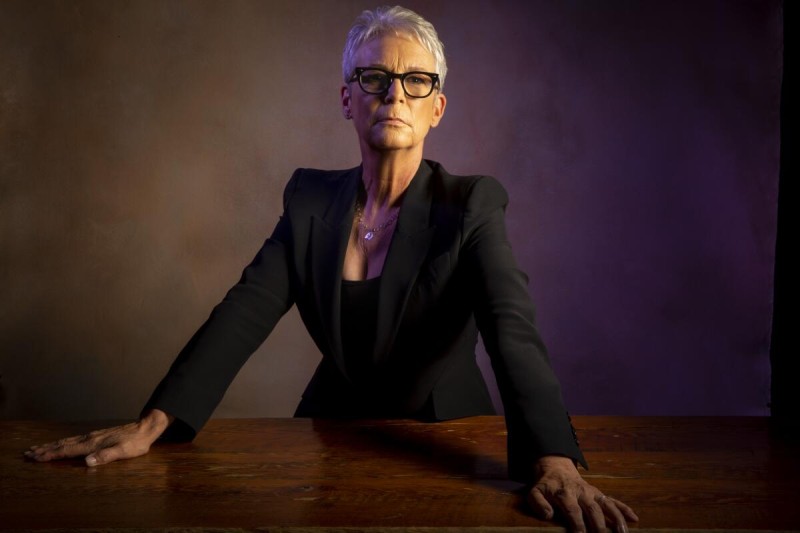
Throughout the late 1970s and early 1980s, Curtis became synonymous with the horror genre, starring in films like "The Fog" (1980), "Prom Night" (1980), and "Terror Train" (1980). During this period, her salary steadily increased from that initial $8,000 to around $50,000-$100,000 per film. While these weren't blockbuster paychecks, they established her as a bankable star in a specific genre and kept her working consistently.
The "Halloween" franchise proved particularly lucrative. She returned for "Halloween II" in 1981 with a significantly higher paycheck, and each subsequent return to the franchise commanded more money. By the time she came back for "Halloween H20" in 1998, she was earning well into six figures, and her 2018 return in the franchise reboot reportedly earned her around $3 million plus backend participation.
Jamie Lee Curtis Net Worth: Peak Earning Years and Mainstream Success
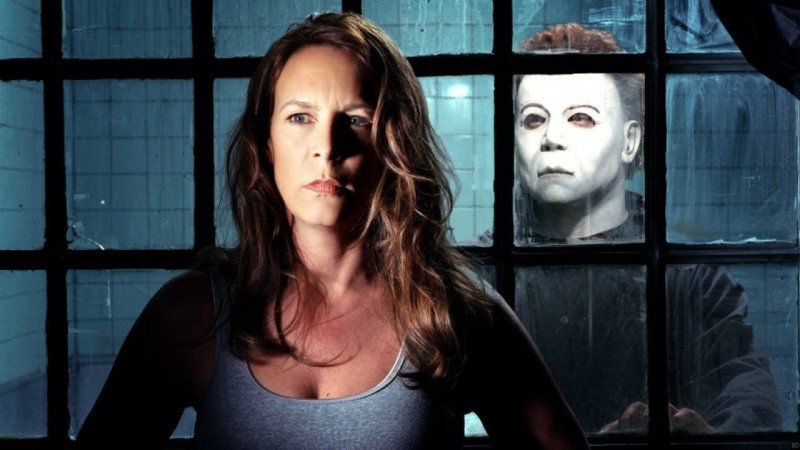
Curtis's career truly peaked financially when she broke free from horror typecasting in the late 1980s and 1990s. Her role in "A Fish Called Wanda" (1988) showed her comedic chops and earned her a BAFTA Award, significantly raising her profile and earning power. Films like "True Lies" (1994) opposite Arnold Schwarzenegger brought her into the big-budget action realm, where she commanded salaries in the $2-3 million range.
The comedy "Freaky Friday" (2003) with Lindsay Lohan became one of her biggest commercial successes, grossing over $160 million worldwide. Her involvement in family-friendly hits like this expanded her appeal and kept the paychecks substantial. During her peak years in the 1990s and early 2000s, Curtis was earning between $2-5 million per major studio film, with additional income from endorsements and her successful children's book writing career.
Current Wealth and Recent Career Renaissance
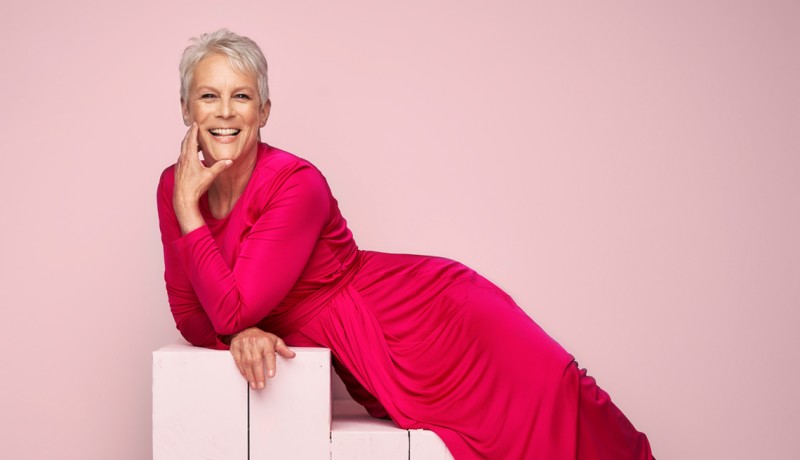
Today, Jamie Lee Curtis net worth stands at an estimated $60 million, accumulated through decades of consistent work and smart financial decisions. Her recent career resurgence has been remarkable, culminating in her Oscar win for Best Supporting Actress in "Everything Everywhere All at Once" (2022). While her salary for that indie film was likely modest compared to her studio work—probably in the $500,000-$1 million range—the critical acclaim and awards recognition have elevated her status once again.
Curtis continues to earn substantial income from the revived "Halloween" franchise, with her final appearance in "Halloween Ends" (2022) likely commanding several million dollars plus profit participation. She also benefits from residuals from her extensive back catalog, voice work in animated projects like "Borderlands," and her ongoing children's book series, which has sold millions of copies.
Beyond acting, Curtis earns money through brand partnerships, speaking engagements, and her advocacy work. She's also benefited from being married to filmmaker Christopher Guest since 1984, whose own net worth from films like "This Is Spinal Tap" and "Best in Show" adds to their combined household wealth.
Core Principles: Jamie Lee Curtis's Philosophy on Success
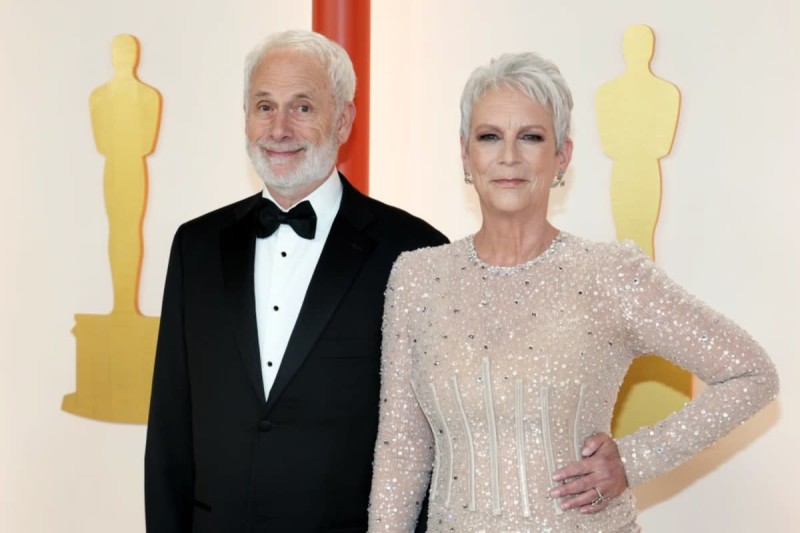
Curtis has been refreshingly candid about her journey to success, and several key principles emerge from her interviews and public statements over the years. She emphasizes authenticity above all else, refusing to get extensive plastic surgery in an industry obsessed with youth, and speaking openly about her past struggles with addiction and recovery. She's maintained that staying true to yourself, even when it's commercially risky, ultimately builds a more sustainable career.
She advocates for embracing change and evolution rather than clinging to past success. Her willingness to move from horror to comedy to drama to family films shows an adaptability that many actors lack. Curtis has said that being typecast is only a problem if you refuse to break the mold yourself—she actively sought out different roles even when it meant taking pay cuts or working in smaller productions.
Another crucial element of her success philosophy is the importance of showing up and doing the work, regardless of the project's size. Curtis is known for being professional, prepared, and collaborative on set, treating every role with equal respect whether it's a low-budget indie or a major franchise film. She's often spoken about how consistency and reliability matter more in the long run than chasing only the biggest paychecks.
Finally, Curtis emphasizes the value of using your platform for something beyond self-promotion. Her advocacy for children's hospitals, addiction recovery, and various charitable causes has kept her relevant and respected beyond her acting work. She believes that success means having the freedom to speak up about what matters, and she's never been shy about using her voice for causes she believes in, which has only deepened her connection with audiences over time.
 Alex Dudov
Alex Dudov
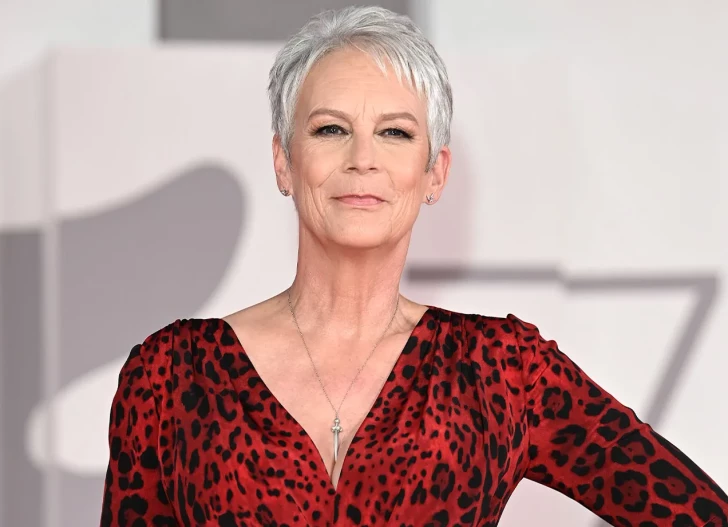
 Alex Dudov
Alex Dudov


